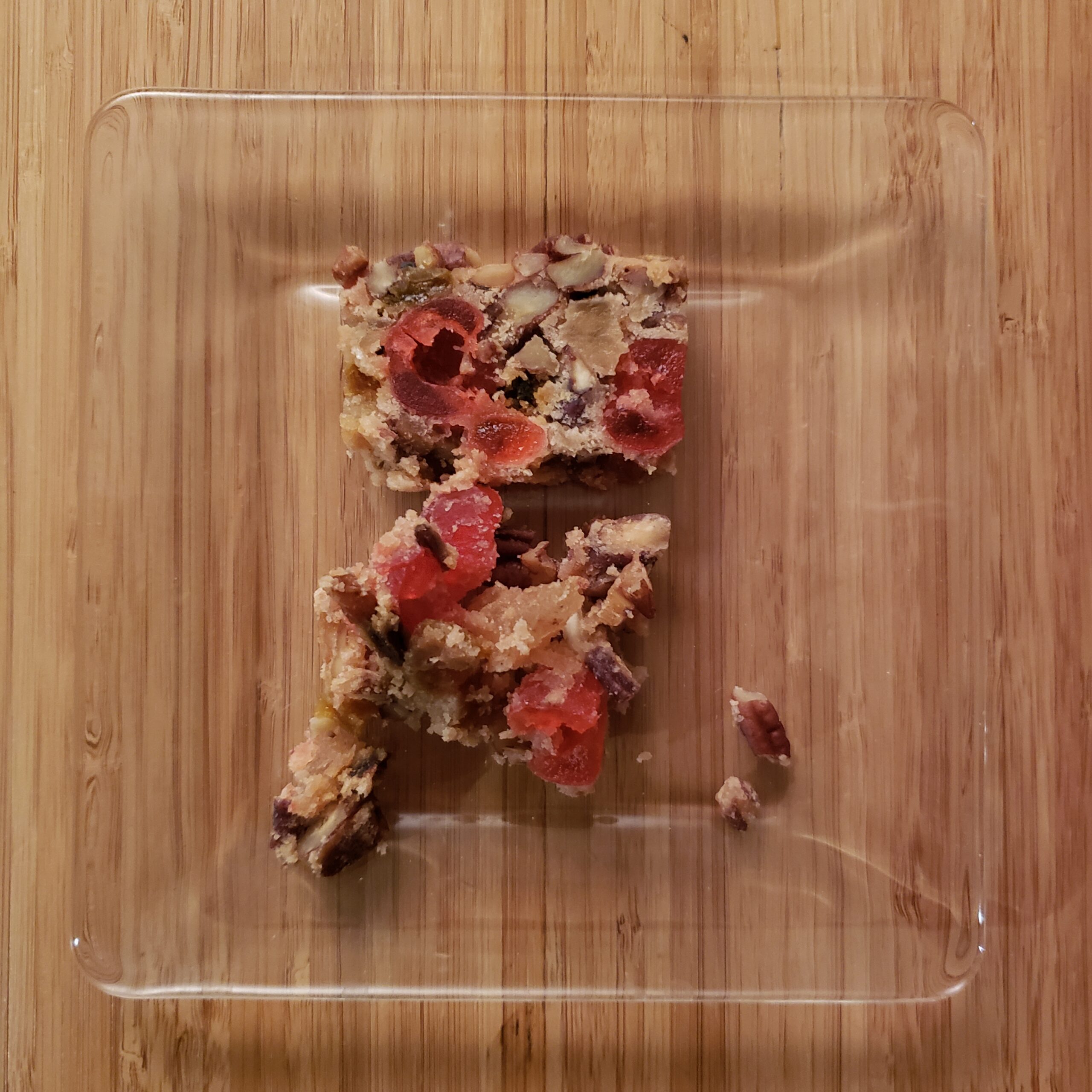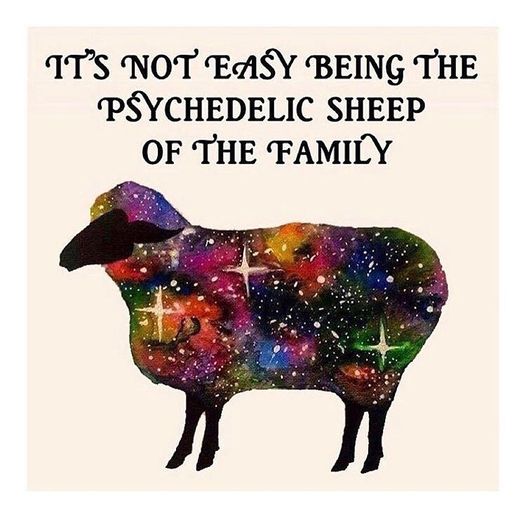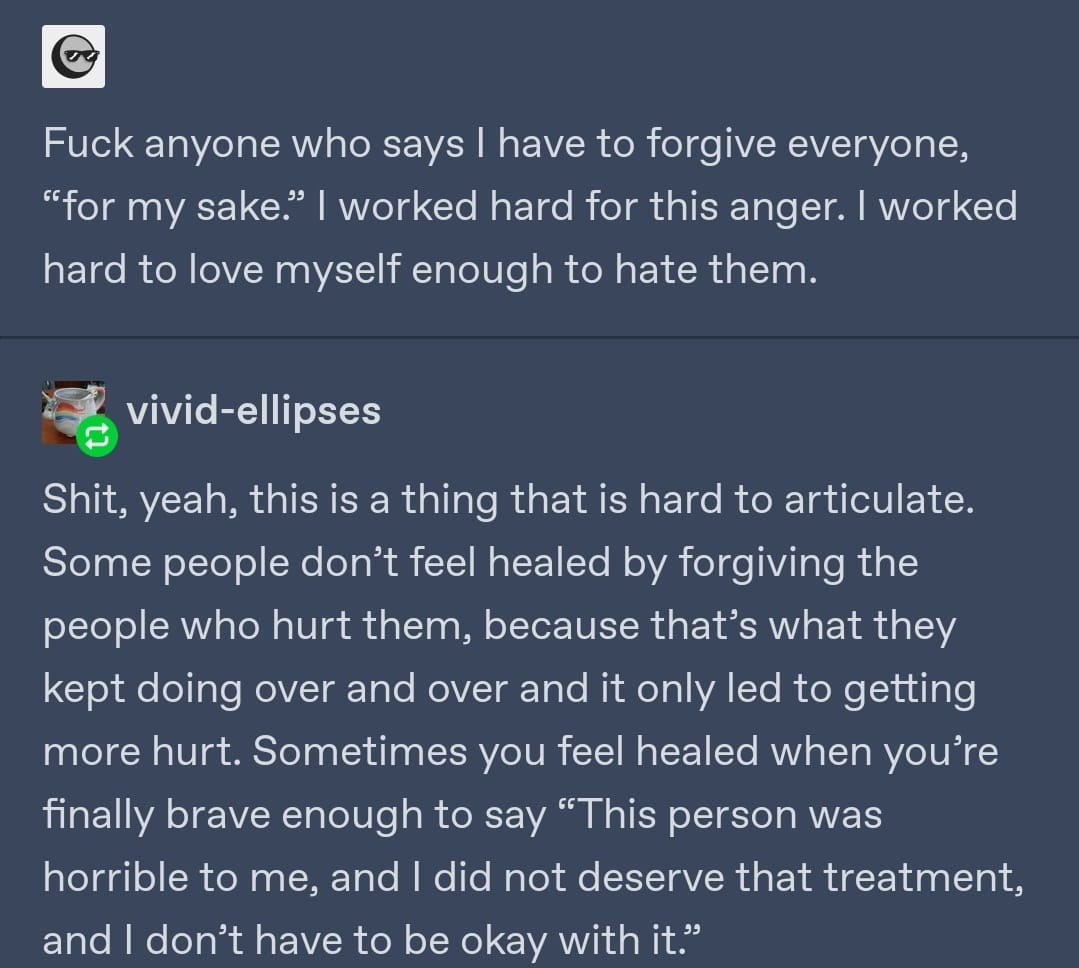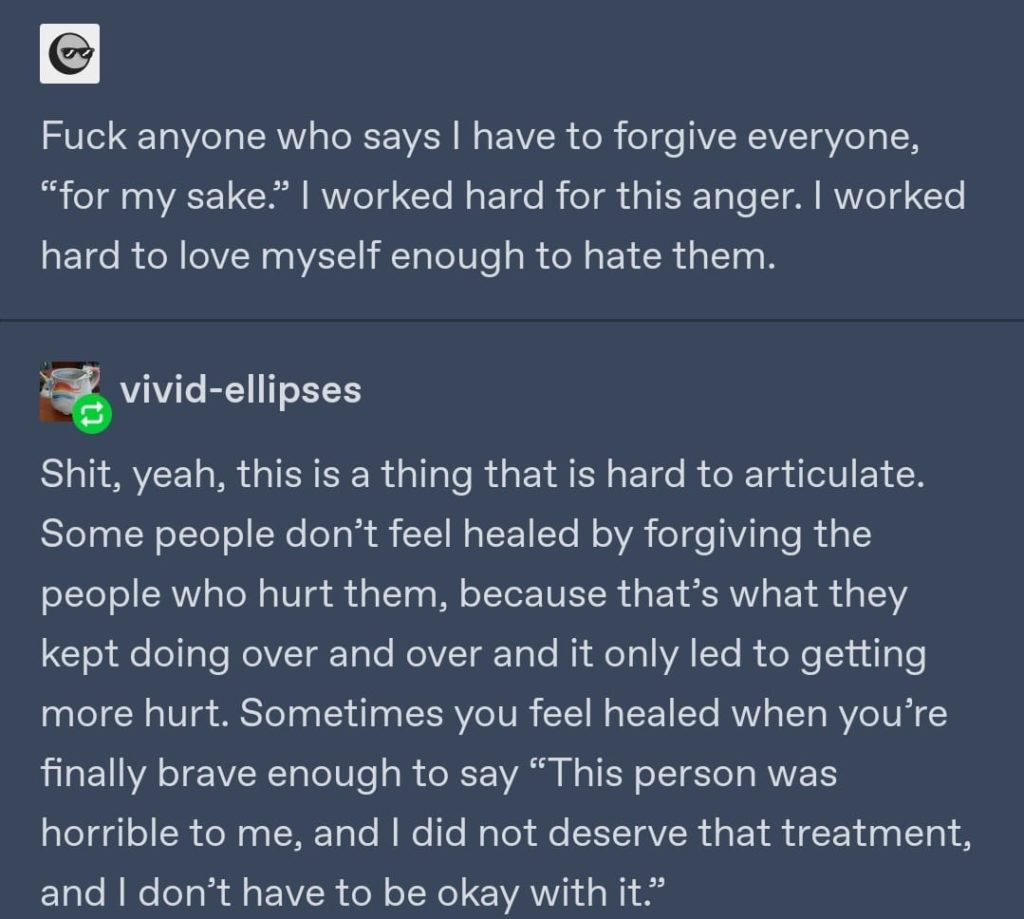Yesterday I got a text from my oldest brother. (The first text ever, actually.)
At first I assumed someone had died, and he was letting me know. Turns out, they found out that I have metastatic triple negative breast cancer. I’ve chosen to keep it from them for almost two years, for several reasons, and it turns out that was the right decision.
He said the way they found out was “almost totally random” but it was actually pretty deliberate. Brother #3’s second wife, whom I have never met, apparently did a search for me and found me on Facebook, where there was a public post I wrote about it last summer, when a few high school people that I wasn’t FB friends with were pinging me, because I guess the news had gotten around among them. I got a few really nice messages from some of them, but I didn’t have the bandwidth to deal with each of them, so I just wrote a public post. I assumed no relatives were looking for me any more (and I was right: my actual siblings aren’t looking for me. A stranger was, because a complete stranger cares more about finding out about me than any of my siblings).
I interpret what my brother meant by “random” here is something like, “we weren’t expecting her to find out something like this, where we might have to do something.”
His use of “random” to describe this could also suggest that the wife “doesn’t know the history”, to quote that long-ago revealing statement from Brother #2. In other words, she doesn’t know that I’m not supposed to be treated like an actual family member. I wonder just how that unwritten rule is going to be explained to her.
My brother started off using a very old childhood nickname, which was oddly touching. I now wonder if that was a deliberate way to fake closeness or induce me to be more open, as he hasn’t used that name for me literally in decades. And the rest of the conversation was fairly formal.
And with a little hindsight, I now see that it was indeed, as could have been predicted, all about him/them.
He didn’t ask how I was. He didn’t ask what he could do for me, or us. He didn’t even ask exactly what I have, or what my prognosis might be (although that information might have come from the FB post, but he said he hasn’t been on FB for years, so I doubt it).
He did ask, oddly, if he should ask what last name I’m using now. I still don’t know what that was about. ** Do they think that my husband of 26 years would now leave me in sickness? In fact he has been fantastically loving & supportive through everything.
(He reacted to this contact with far more anger than I had, over what they’ve done to me, which is a sign of love:
“Look, just so we’re clear,” he says, “if somebody asks something or says something about my sister that I don’t like, understand that I will break a bottle over their head.” Few words express love clearer than these.)
** ETA: I probably figured it out. Due to issues with FB Biz Manager, I had to close down my original account and start a new one, around April 2021. I christened that one “Morgan McDonald” so I could keep the two accounts straight, and then over a few months, I migrated friends from one to the other. Once I had everyone transferred, I deleted the old one, and changed the name on the new one back to my real name.
BUT — if they are aware of “Morgan McDonald”, that means they’ve been spying on my account for at least a year and a half, and probably longer than that. Way to “respect my privacy”, assholes.
If this is what they are doing, I’m pretty sure they spin it to themselves and each other as, “We’re just being good people, looking out for our pathetic sister.”
They just canNOT stand that someone utterly rejects them, and especially someone they see as “lesser”.
Knowing that I’ve been dealing with this for almost 2 years, my brother made an offer for me to come and stay with them if I wanted different medical care. Lymphoma was mentioned as a local specialty — which is not what I have.
What I have is quite aggressive: it’s at the far end of the charts on every measure there is. In fact, I initially had 2 kinds of carcinoma: both HER2+ and triple negative. I’m on my seventh therapy in total, including radiation and surgery: I had chemo & immunotherapy for the HER2+, which looks like it did not metastasize; and chemo, immunotherapy and now another chemo for the triple negative, which did.
If I hadn’t been getting stellar medical care for the past 2 years, I’d probably be dead already. As it is, a Residual Cancer Burden of III after surgery predicts:
-
- 10-year recurrence/death rate = 40% for HER2+ BC
- 10-year recurrence/death rate = 75% for triple-negative BC
And I’ve already had the recurrence.
Not great odds.
Anyway, it’s clear to me in retrospect that the offer wasn’t meant to be actually useful. Once I explained that I am not in want of adequate medical care, the tone of the convo became that of someone who wants to end it as soon as possible. I believe this texting was his way of “doing something” so he can stave off guilt and feel like he did something. And he can report that back to everyone else, who can then say, “well she says she doesn’t need any help” and that’s that. Go back to uselessly praying to that same god who GAVE me the cancer, if that’s what you believe in. And keep pretending to yourself that you care about me, all the while maintaining your long-held beliefs & anger at me for things that were not my fault.
I’m willing to bet a decent amount of money that a few of them are actually glad I might soon be gone for good.
In other words, even though now they know I have aggressive cancer and am likely to die far too soon — I don’t believe they will change a thing.
Because that’s far more comfortable. It’s easier. And it’s especially a better option than facing up to the possibility that MY FAMILY gave me this cancer.
I can hear the eye-rolling from here, but it’s a scientific fact: “The more Adverse Childhood Events a person experiences (such as …neglect…[or] Having a family member attempt or die by suicide [or] …Growing up in a family with mental health… problems), the more likely they are to suffer from cancer…”
From the University of Chicago:
“Local chemical signals released by fat cells in the mammary gland appear to provide a crucial link between exposure to unrelenting social stressors early in life and to the subsequent development of breast cancer”
There’s not much else that can explain how I went from a healthy 52YO who routinely got mistaken for being 10 years younger, to having a super-aggressive, treatment-resistant form of breast cancer. I don’t smoke, I don’t drink to excess, I’m not overweight, I eat relatively healthily. I have no other health issues. I got all my preventive care checkups. I have no genetic markers.
Early studies explored ways that children who faced adversity such as… neglect at home were at higher lifelong risk for a range of problems including cancer…
…chronic, toxic stress in childhood can affect a person over the course of their life… the trauma of having one or both parents die does impact breast density, risk for breast cancer, and risk for especially aggressive types of breast cancer.
It’s not much of a stretch to imagine that having your mother disappear for a month at a time, twice, during your first year could have a similar effect on an infant as if she had died.
I’ve given up on any possibility that I might get what I actually want (apologies, respect, acceptance, love — in other words, CHANGE) from my siblings. And now that they know about the cancer, anything they might do will more probably be out of self-preservation from guilt, and not because they love me, miss me, or care about me.
But – in the unlikely event that anyone actually wants to do something useful for me, here’s the only thing I’m asking for now:
I want to know EXACTLY what happened to me.
I want to know what Mom did that night that made Dad pack Mom off to the doctor, and made the doctor immediately pack her off to the hospital for a month, keeping her away from her infant daughter. I want to know why & what happened the second time she was hospitalized, too. I want to know about Mom’s medical history, any actual records, and anything known about her mental health, or why she received electroshock therapy. I want to know everything my sister knows, because I suspect that’s at least part of what made her try to commit suicide that year. I want to know what they themselves did to me, or didn’t do for me, when they were put in charge of me and the younger boys. I want to know how long I sat around in wet diapers and had such horrible diaper rash, and why 40 years later the same brother threw at me the words, “WE CHANGED YOUR DIAPERS”.
I’ve been trying to get any information I could for years. I had to trick them into giving me a good chunk of what I do know, but they put a one-hour time limit on that one discussion session, and I’m certain there’s more. And I have a right to my own goddamned history.
Here are the terms I will offer: any information I get will be kept confidential. I won’t blog about it, and I won’t rat out anyone who tells me anything to the rest of the family. I was able to keep knowledge of my cancer from everyone for 2 years, and they only found out by accident — so that proves I can keep that promise.
My time is limited, and there’s a decent chance it’s because of what happened to me as an infant and a child. Now that they know about the cancer, I’m asking – one last time – for the one thing I can only get from them. My sister is likely to get what she’s always wanted: a world without my existence in it. So the way I see it, it’s only fair that I also get what I want before I’m dead: and I want the truth.
I hope someone finally has the courage to give me at least part of what I want. I know no one has the courage to love me in spite of dictates from my sister, and probably Susan — but I have a little hope that someone will have the guts & the decency to finally give me information.




 “I want a slice with cherries in it!”
“I want a slice with cherries in it!”

